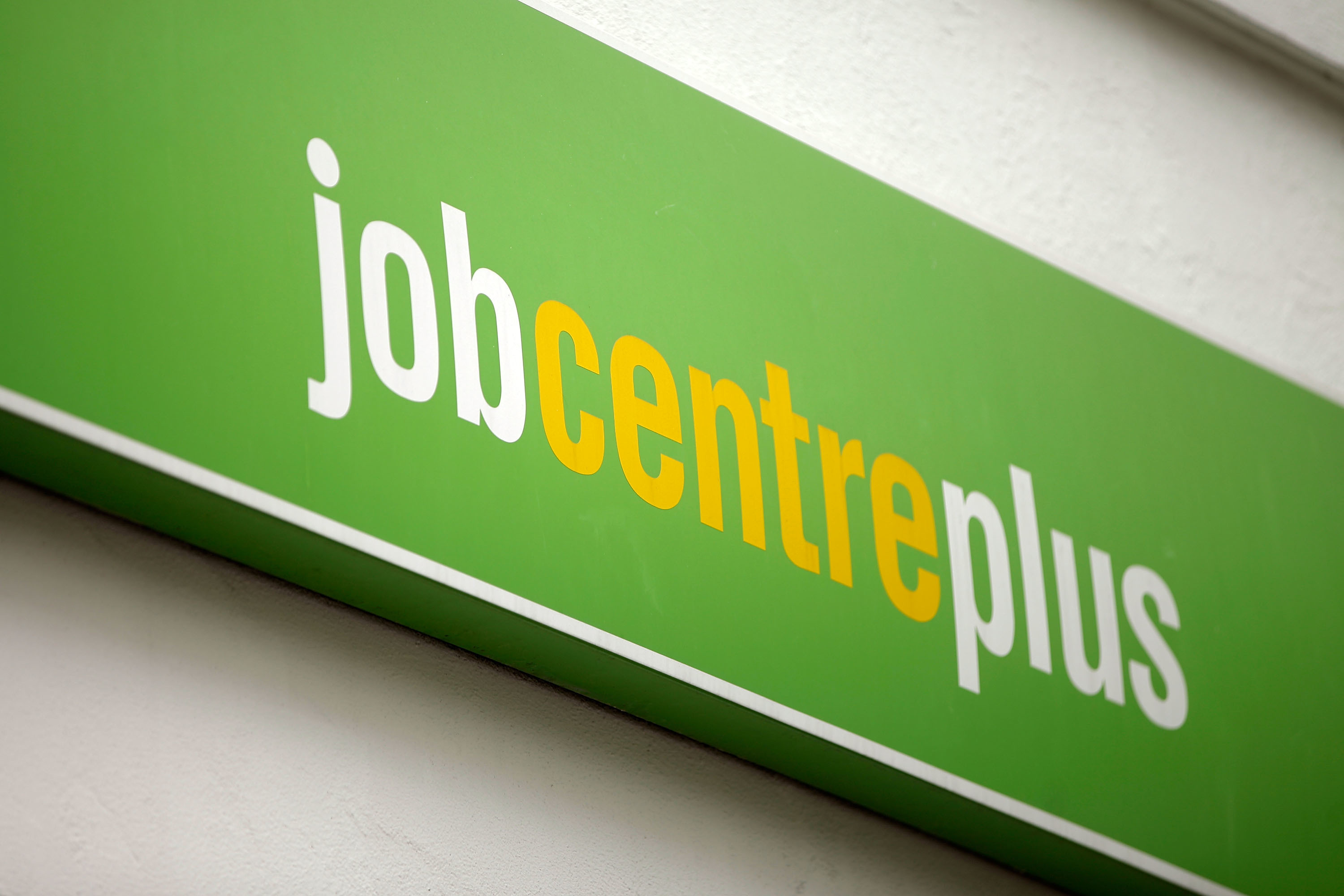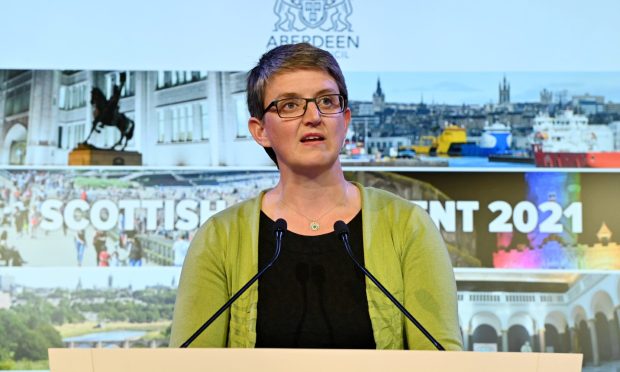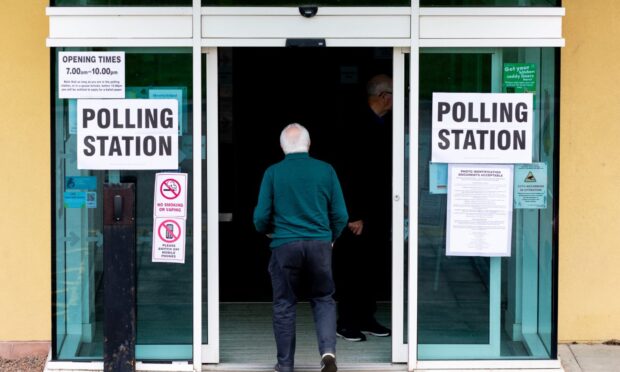Dundee recorded the second highest rate in Scotland of the number of households with no adults in employment, figures have shown.
The Office of National Statistics (ONS) released data on the number of “workless households” in Scotland, with Dundee recording a figure just behind Glasgow in Scotland and Hartlepool in England.
In Dundee in 2018, 19.8% of people live in households where none of the residing adults work. In Fife the figure stands at 11.6%, Angus 12.2% and in Perth and Kinross it was 8.9%.
Hartlepool, Glasgow and Dundee were in the top five areas with the highest percentage of workless households in 2017 and 2018, according to the ONS.
The overall national number of workless households in Scotland fell for the second year in a row, with the employment rate standing at 75.8% according to the Scottish Government.
Bill Bowman, Scottish Conservative MSP for the north-east region, called on the Scottish Government to do more to improve job creation in the city.
He said: “Dundee has languished near the bottom of the UK on this measure for some time now.
“If these figures are to be turned around, there must be a renewed focus on enterprise and job creation.
“At the moment, we have an SNP government that penalises business with its high tax agenda.
“More job opportunities must be provided if the number of workless households is to come down. To do that, Scotland must become a more attractive place in which to do business.
“The SNP council administration and government need to put a real effort into creating jobs and helping people into work – these statistics show warm words are not enough.”
Minister for Business, Fair Work and Skills, Jamie Hepburn, said: “The number of workless households in Scotland has fallen for the second consecutive year, with the proportion of children living in workless households also reducing.
“More than 2,695,000 people in Scotland are now in work, with the employment rate rising to 75.8%.
“However, we know that people across Scotland are struggling to make ends meet, with poverty on the rise and increased foodbank use directly linked to UK Government welfare cuts, benefit sanctions and the flawed Universal Credit.
“To tackle this we are continuing to invest more than £125 million in 2019-20 to mitigate the damaging impact of UK Government welfare cuts and austerity. Our Financial Health Check Service is also supporting families to maximise their incomes and get the best deals for utilities.”
A DWP spokesperson said: “The number of workless households has fallen in all parts of the UK since 2010 with over a million more households with at least one adult in work, transforming opportunities for hundreds of thousands of families.
“We are committed to ensuring this trend continues by supporting people, especially parents, into work by providing personalised support through our jobcentres and under the new benefits system parents can claim up to 85% of childcare costs.”










